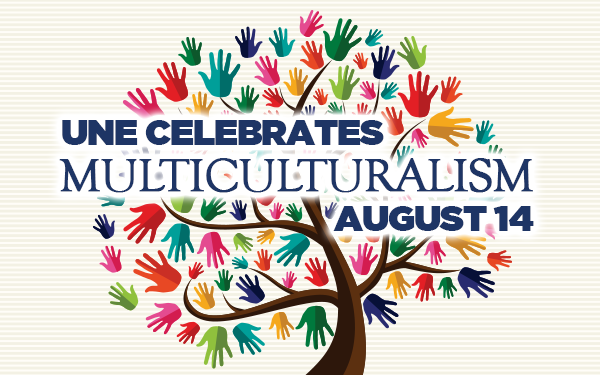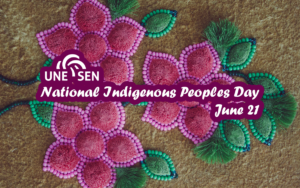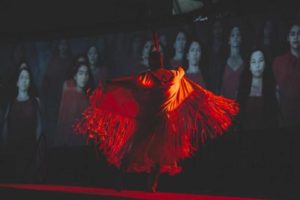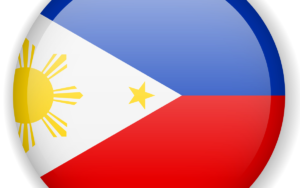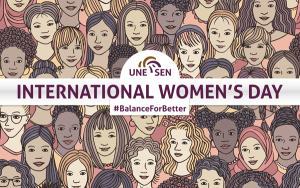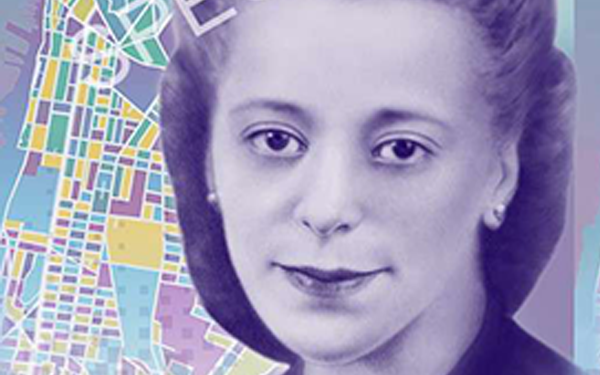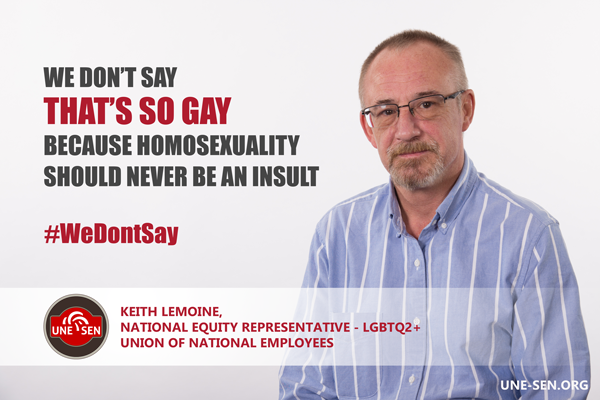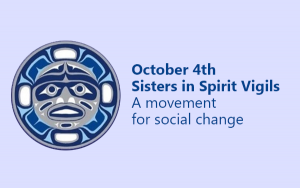
By Ralph Daguilh
Hello fellow activists!
March 21 is the International Day for the Elimination of Racial Discrimination. These past few days, I could not help but think about what March 21 means to racialized people. I thought about the xenophobic comments and policies of the President of USA – I reflected on the ways African French soccer players were discriminated and undervalued during last year’s World Cup. I even thought about the backlash that Naomi Osaka suffered when she won against Serena Williams – Anyway, my list is endless….
Racial discrimination is very much alive in our communities and workplaces. I am frustrated that racial discrimination is very subtle and can’t always be proven. The victim suffers in silence! Racial discrimination destroys the victim’s wellbeing and empowers the perpetrator – it is a silent killer and can have long lasting impacts on the victim and entourage!
In 2014, I witnessed with agony and tears my dear friend, John, a racialized person, experiencing racial discrimination. He was well trained to do the job shortly after he started working in his department. John successfully competed for a position; therefore, he should have gotten the job. Surprisingly, it never happened. The position was given to somebody else and John was left with no true explanation! Our local got involved with no success because management had already made their decision. John filed a grievance but lost because it was said “there is no evidence to prove that he was racially discriminated against”. I am still puzzled until today! Did my friend not get the position because of his skin colour? his accent? Or his religion? Even though the case happened a while ago, I still think of the emotional impacts the whole situation had on John, his family and friends. John must work two jobs to support his family. Therefore, not only has he less time to spent with his family, but he also must share his energy and skills between two Jobs.
It hurts a lot to be discriminated against – I am sure my friend John is not the only one to experience that.
The worst part is the victims of discrimination still have to find the courage and the energy, 5 days a week, to smile at their coworkers, and continue to provide the highest possible quality of service.
Racial discrimination is a poison: it diminishes individuals, perpetuates inequality, feeds anger, hatred, bitterness and violence. It can also lead to all kind of sickness and mental illness.
For my friend, after 5 years of patiently waiting for an opportunity to arise in his department, he decided to create his own. Slowly but surely, he took online courses to better himself and his education. Today he has his degree and more!
However, this is not the best way of dealing with racial discrimination, my friend chose that way because he has a very young family to feed and a mortgage to pay. When face with racial discrimination, stay focused, gather strength from your family, friends and allies and fight back!
I know, together, we can do it! The road to win a fight against racial discrimination is not an easy one. It is like climbing a tall mountain. The top seems unreachable. However, never give up, never give in and never stay silent!
Survey shows that racialized people are hired for entry level positions despite their qualifications and education; 80% of them remain at that entry level until they retire. They are underused. Racialized members represent numbers or quota to be filled by the employer.
My friends, racial discrimination will not disappear overnight. In my opinion, the International Day for the Elimination of Racial Discrimination should be an every day talk. The fight against racism and all forms of discrimination is a mainstay of peace and social cohesion, especially in our increasingly diverse communities and workplaces. Let’s learn to live and work together!
Ralph Daguilh
Alternate to the UNE National Equity Representative for Racially Visible People
Sources:
http://www.un.org/en/events/racialdiscriminationday/background.shtml
https://gryphlife.uoguelph.ca/event/87491
https://unesdoc.unesco.org/ark:/48223/pf0000247565_eng

